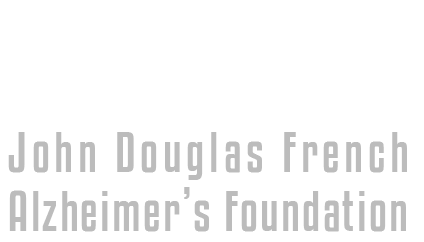Justin Ichida, PhD
Assistant Professor
Department of Stem Cell & Regenerative Medicine
University of Southern California
In the Keck School of Medicine of USC’s Department of Stem Cell Biology and Regenerative Medicine, Justin Ichida, PhD, was chosen as the first USC Richard N. Merkin Scholar. Ichida is a New York Stem Cell Foundation–Robertson Investigator and Director of the Choi Family Therapeutic Screening Facility at the Eli and Edythe Broad CIRM Center for Regenerative Medicine and Stem Cell Research at USC.
Recruited to USC from Harvard University in 2013, Ichida already has made tremendous progress in his quest to find new treatments for ALS, a fatal neurodegenerative disease that typically strikes in middle age and leads to progressive paralysis and death within three to five years of diagnosis. Paralysis results from the degeneration of patients’ motor nerve cells, the nerve cells that enable voluntary muscle movement. In the past, studying patients’ motor nerve cells was nearly impossible, because removing these cells from the body inflicts serious nerve damage. To surmount this obstacle, Ichida pioneered a technique for directly reprogramming patients’ readily accessible skin or blood cells into motor nerve cells, which his lab not only can study, but also use to test potential drugs to treat ALS. Drawing on these reprogrammed patient cells, Ichida’s group recently published a study in Nature Medicine describing how a gene called C9ORF72 leads to toxicity in nerve cells — causing 10 percent of all cases of ALS, as well an additional 10 percent of a related disease called frontotemporal dementia.
To translate their discoveries into patient cures, Ichida’s team screened over 5000 potential drugs to see if any can stop the degeneration of reprogrammed cells from patients with ALS. They performed this screen in collaboration with biotechnology company Icagen Corporation and machine learning company DRVision Technologies, supported by $1.5 million in federal funding from the U.S. Department of Defense. In 2018, Ichida and collaborators co-founded a local biotechnology company, Acurastem, Inc., to develop new therapies for ALS and dementia based on their findings.
Prior to dedicating himself to ALS research, Ichida spent his formative years in Hawaii, earned his bachelor of science in molecular genetics from UCLA, and obtained his PhD in genetics from Harvard Medical School, where he studied how life emerged from the primordial soup in the lab of Nobel Laureate Jack Szostak, PhD. while performing hula at venues throughout Los Angeles. After graduation, he obtained, and moonlighted as a guitarist in the rock bands Maniatis Maniatis and Holding Room.
In 2017, Ichida received a research grant award from the John Douglas French Alzheimer’s Foundation. In 2020, he will receive the inaugural endowed John Douglas French Alzheimer’s Foundation Endowed Professorship. Ichida plans to study how microglia, the immune cells of the brain, mediate nerve cell damage in Alzheimer’s disease. Recent genetic studies indicate that microglia play a major and previously underappreciated role in the disease process. Ichida’s team has recently developed methods to generate microglia from patient skin or blood, providing a renewable source of human microglia that will elucidate Alzheimer’s disease processes and allow patient-specific testing of new therapeutic candidates that target the immune system.

